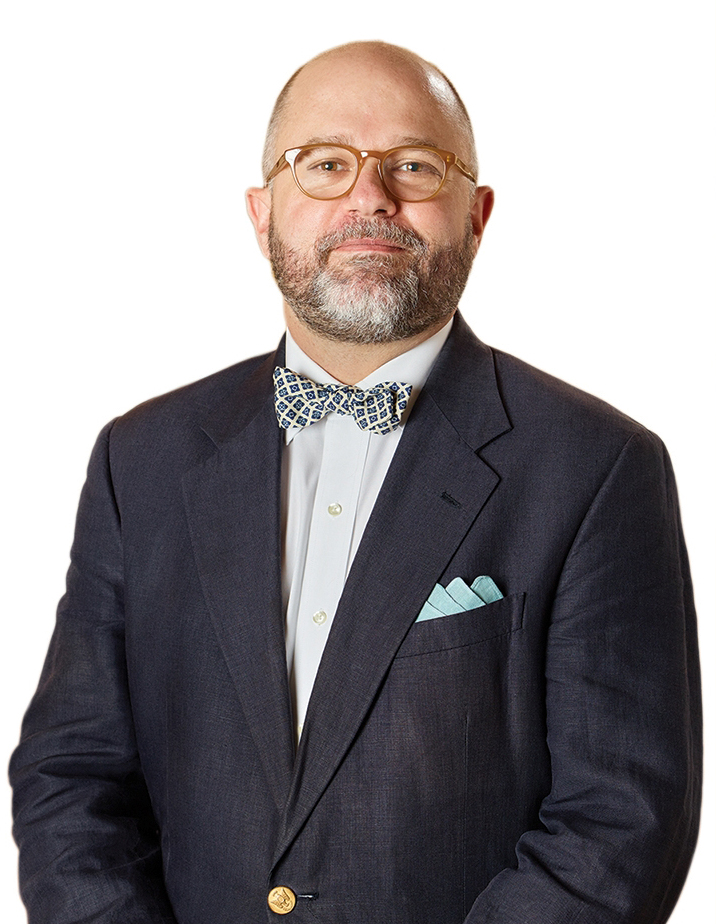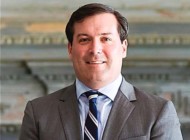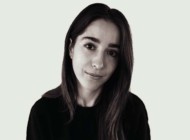The chief executive officer and president of the American Ancestors – New England Historic Genealogical Society (NEHGS) and its online portal AmericanAncestors.org for 15 years, D. Brenton Simons has overseen an expansion of the organization – the founding genealogical institution in the United States – which now serves more than 325,000 members and millions of online users with more than 1.6 billion (yes, that’s billion with a B) records. With so many people sheltering in place because of the COVID-19 pandemic, Antiques & The Arts Weekly checked in with Simons to see if he had seen an uptick in business because of it.
With so many people sheltering in place, have you seen a surge in online genealogy and family history research?
There has been a huge surge. During difficult and intense times, people turn to making connections and exploring the past. Our work at American Ancestors – New England Historic Genealogical Society (AmericanAncestors.org) has never been more important than it is right now. We are telling the great American story. Our web usage is way up, our online talks have quadrupled, and our services for hire continue to expand. The primary focus of our activity over more than a decade has been to put as much high-quality, carefully vetted material online as possible.
What online resources have seen particularly heavy traffic during the pandemic?
Curt DiCamillo, an expert on English country houses, is a member of my staff, and his online talks are selling out. In these days when traveling abroad is almost entirely out of the question, his online talks are popular because they transport you – virtually – to beautiful and historic houses and gardens. Through Curt, we have unique, expert access to places where few can go even when there isn’t a health crisis. We also have an “American Inspiration” author series hosted online by Margaret Talcott. She recruits authors of new books on a sweeping range of historical, social and other newsworthy topics and engages them in online dialogues that are riveting. But most popular of all, we have genealogists who are available to answer questions or even take on a research case. Commissioning a family history to be researched, documented and written by our professionals is the best and most personal gift you can purchase anywhere.
Pre-pandemic, how had NEHGS expanded its digital resources or offerings?
It is our primary focus. Today, AmericanAncestors.org serves millions of online users and more than 325,000 members. You can register as a free member to use thousands of resources. We are engaged in major collaborations with other organizations who do not have the advanced online capacities or infrastructure we do. So, on our site you can find historic Catholic records produced with the Archdiocese of Boston, the resources of our Jewish Heritage Center from the American Jewish Historical Society, a wide assortment of African American materials, as well as New England vital records and our journal, the Register. It commenced publication in 1847 and is the flagship journal of American genealogy.
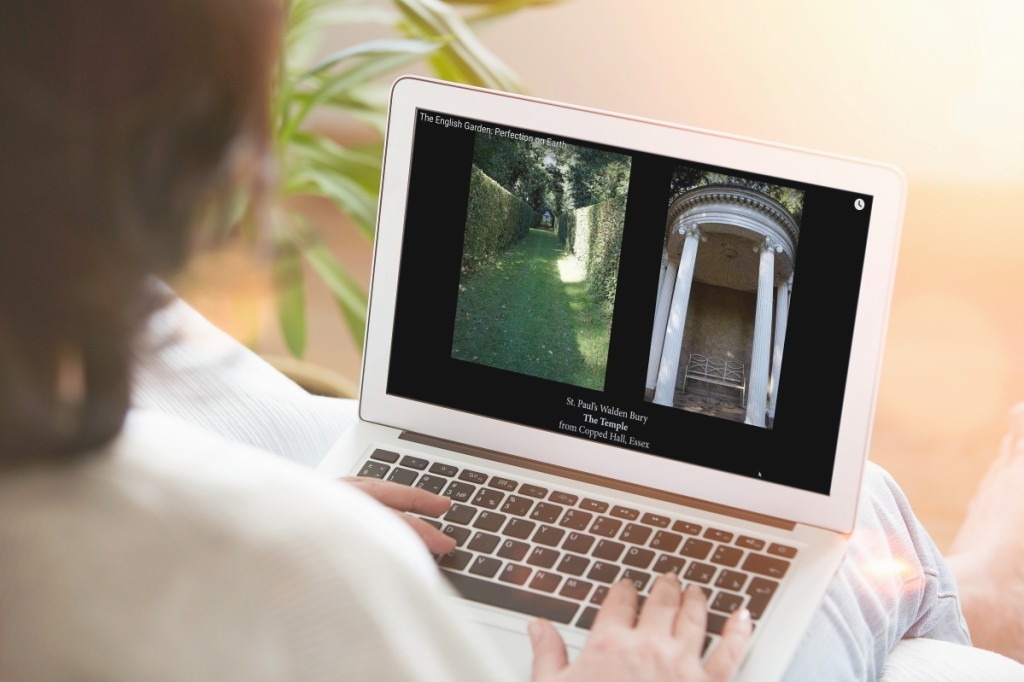
During COVID-19, American Ancestors has converted its English country house and garden tours with Curt DiCamillo into popular webinars.
Why do you think family research is such a compelling pastime?
Almost everyone at some point in their lives experiences an innate curiosity about where they came from. Genealogy is a journey of self-discovery that becomes more and more fascinating the deeper one goes. It is not just about names and dates it is about understanding how you got here. It is about the stories and the struggles – how your ancestors lived. What were their occupations, their beliefs and their homes and communities? What were their legacies or their shortcomings? How did they get to this country? Genealogy has an incredibly powerful way of putting our lives into historical context. It often yields surprising results and it shows us the incredible privations and hardships suffered by many of our ancestors to forge better lives.
Has interest in DNA testing services helped push this forward?
Yes. With the vast number of DNA services being offered, we can all find out more about the genetic composition of our ancestry. These tests use predictive models to give us a view into the likely nationalities and ethnicities in our ancestry. In my own case, I knew from evidence that I have an ancestor who was from the Mohawk tribe and who married into a Dutch family in New York. A DNA test confirmed it. It is just a small percent of my makeup, but it is important to me. I am fascinated to know I have a strand of non-European ancestry and that some of my ancestors were already here when Europeans arrived on these shores.
Are online genealogical resources more or less the same?
A lot of genealogical resources online are highly flawed or speculative in nature. One has to carefully assess and understand the quality and reliability of online data. For 175 years, we have stood for using the best original sources and meticulously documenting family histories. For those of us who collect antiques, genealogy is absolutely essential in establishing or confirming provenance or identifying a maker, artist or sitter.
From the name of your organization, it would appear to focus primarily on New England…What resources are available in other areas of the United States and the world?
Our scope is national, and to a large extent, international and that is why our public identity was changed to American Ancestors several years ago. We were founded in 1845 as the first genealogical society in the world, and our traditional name – New England Historic Genealogical Society – speaks to our core strength in New England but is a misnomer now – we are much more than an old-fashioned, small “society” these days. Our coverage for the whole country is extensive. We have 1.6 billion records online and that number is growing all the time. I liken us to a small college or an institute. We are multi-faceted: we have 100 employees; we publish 20-30 books a year by leading experts and historians; we conduct six or more tours a year throughout the United States and abroad; we host almost 200 educational programs a year; our archive has almost 30 million original materials in it. We are seen by millions of television viewers as the anchor location of the popular PBS series Finding Your Roots with Henry Louis Gates Jr – Skip Gates is a good friend and close associate. Our collections for New York, Canada, the United Kingdom, Ireland and Europe are so extensive that they attract visitors to us from far and wide, but we can also help those with ancestry in many other parts of the world.
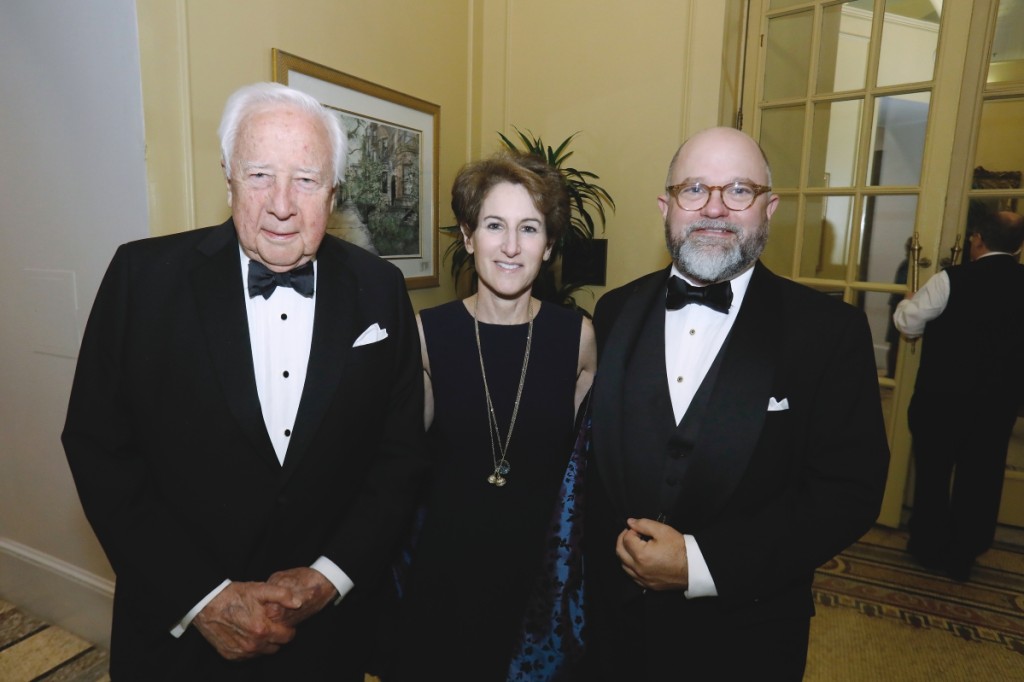
Chief executive officer Brenton Simons with bestselling authors David McCullough and Stacy Schiff at the American Ancestors gala in 2018, when Simons presented McCullough with his “literary family tree.”
As the United States struggles with our painful history of slavery, what resources are available?
AmericanAncestors.org has the richest body of carefully vetted and documented genealogical materials available today, and we are developing more cutting-edge study projects all the time. For example, as our nation looks at the painful legacy of slavery, I am proud of our ongoing work as stewards of the Georgetown Memory Project, also called “GU272,” which is available online at https://gu272.americanancestors.org/. This project, which has received international news coverage, highlights the stories of the hundreds of enslaved black women, men and children who, in 1838, were sold by Jesuit priests to raise money for Georgetown University. They were transported to the South and, contrary to many accounts, they endured incredible hardships but survived. Through our website you can find about more about these survivors, and listen to oral histories we have recorded by their descendants. So far, more than 8,000 descendants of the Georgetown slaves have been traced. It is an incredibly powerful story and one that needs to be told.
Have you published genealogies for anyone famous?
Well, most of our users are ordinary people, but we have worked with many famous ones, too. Every year we honor famous Americans and give them their genealogies at a gala in Boston. Some of my favorites include authors like David McCullough, to whom we presented a “literary family tree” showing his family connections to Emily Dickinson, Longfellow, Harriet Beecher Stowe, Ernest Hemingway, and others. I presented filmmaker Ken Burns with his family history and revealed to him his relatively close kinship to Abraham Lincoln, someone he has studied so closely. When we honored author Doris Kearns Goodwin the big surprise was that she is related to William Howard Taft and Theodore Roosevelt, who were subjects of her most recent book at that time. We honored Henry Louis Gates and gave him his family history, and Oprah Winfrey was kind enough to write a foreword for him. We gave Ellen DeGeneres her genealogy and she had a lot of fun with it on her talk show several years ago.
We also published the definitive genealogies on the ancestry of the late Diana, Princess of Wales, and, more recently, Prince William’s wife, Catherine Middleton. When Prince Harry became engaged to Meghan Markle, we examined her ancestry in detail and showed that they are distant cousins to each other. Our first member in 1845 was John Quincy Adams and many presidents and first ladies have been members ever since. We recently published Ancestors of American Presidents, in part so that Americans can figure out which presidents they may be related to. Stories like these can capture the public attention and remind people of the surprising connections we can find in our family trees.
Do you keep statistics on the demographics of people using American Ancestors – New England Historic Genealogical Society digital resources? Is it diverse?
Yes. Not only do we keep statistics, but we survey our constituents all the time to find out what resources they are looking for and better gauge how we can help them. Our membership is international and is about 60 percent female to 40 percent male. Our users are generally very highly educated and are interested in a wide range of nationalities and ethnicities.
What is the largest age group of researchers?
The group most actively engaged in genealogical research is older, but that is changing. With the popularity of television shows like Finding Your Roots or the new series, The Genetic Detective on ABC, and the proliferation of reasonably-priced DNA test kits, younger people are becoming much more engaged in family history.
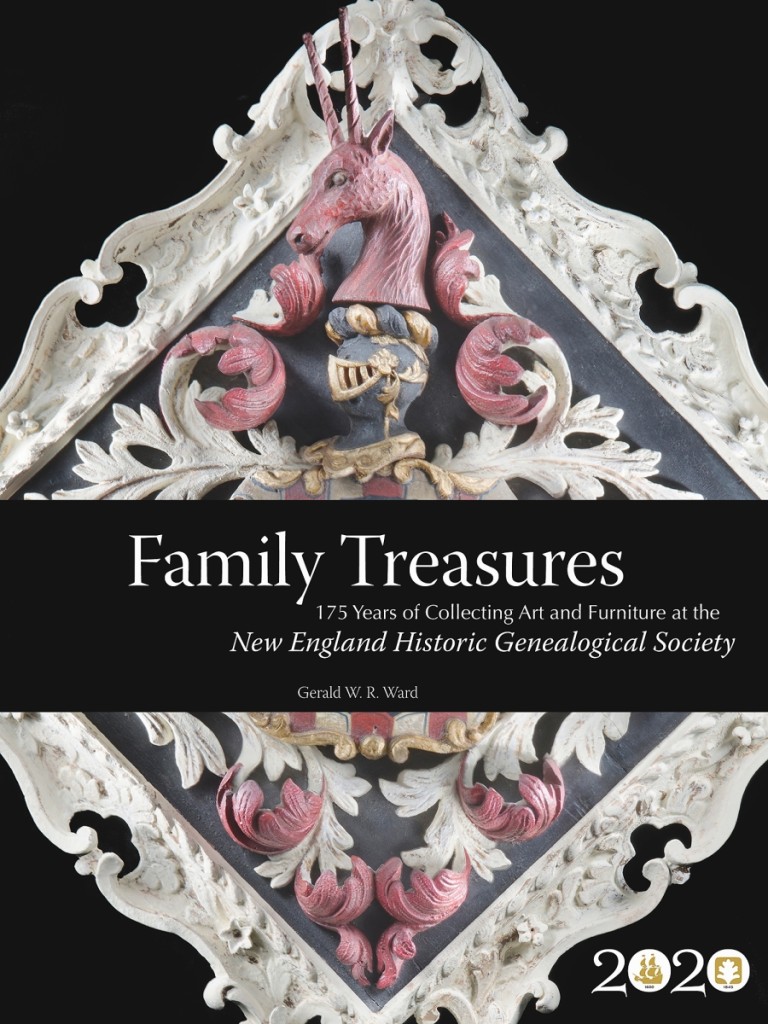
Cover of Family Treasures: 175 Years of Collecting Art and Furniture at the New England Historic Genealogical Society (2020) by Gerald W.R. Ward.
What steps are you engaging to reach a younger audience?
We have several major initiatives underway to reach children and students. The bestselling authors Tabitha and Stephen King gave us a major grant to initiate a youth education program and Brueger’s Bagels co-founder Nord Brue and his wife Suzanne founded our Learning Center. Our friends at FamilyTreemaker have endowed a youth educator on our staff. Finally, we are expanding our campus in Boston’s Back Bay and will, in the coming years, have a Discovery Center that will provide families and children with incomparable learning opportunities. The fact is that as schools teach history less and less, we feel a growing responsibility to work directly with teachers to help provide them with history and family history curriculum materials for young people. There are now independent studies that show when young people of all backgrounds are exposed to history and genealogy, that it has positive effects on their well-being and self-confidence. We think it is important for the young people of our country to know and understand matters of our collective history and heritage. It can only help us, and especially in these challenging times when we need to understand each other better.
In closing, is there anything else the society has been up to you want people to know about?
We have extensive collections of art, furniture, heraldry and other three-dimensional objects and have just published Family Treasures: 175 Years of Collecting Art and Furniture at the New England Historic Genealogical Society (2020) a coffee table-style book by Gerald W.R. Ward, emeritus curator at the MFA Boston.
-Madelia Hickman Ring

